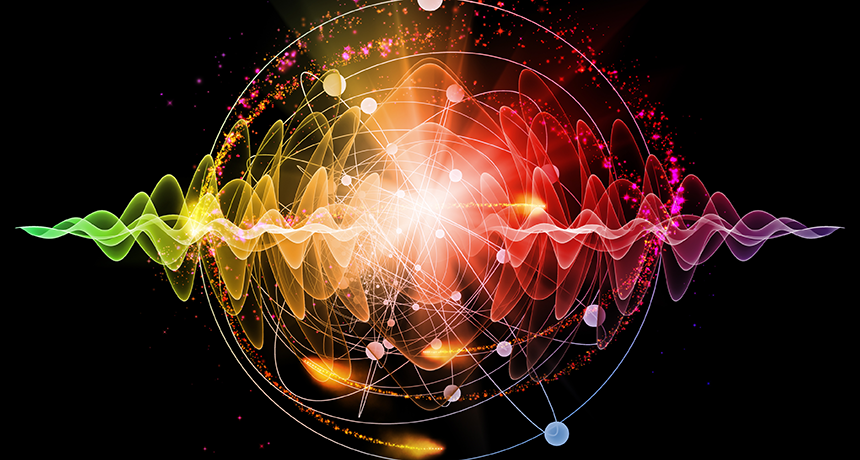behavior The way something, often a person or other organism, acts towards others, or conducts itself.
field An area of study, as in: Her field of research was biology. Also a term to describe a real-world environment in which some research is conducted, such as at sea, in a forest, on a mountaintop or on a city street. It is the opposite of an artificial setting, such as a research laboratory.
Nobel prize A prestigious award named after Alfred Nobel. Best known as the inventor of dynamite, Nobel was a wealthy man when he died on December 10, 1896. In his will, Nobel left much of his fortune to create prizes to those who have done their best for humanity in the fields of physics, chemistry, physiology or medicine, literature and peace. Winners receive a medal and large cash award.
particle A minute amount of something.
photon A particle representing the smallest possible amount of light or other electromagnetic radiation.
physicist A scientist who studies the nature and properties of matter and energy.
quantize To apportion things in units that can exist only as whole numbers; they can never exist as fractions of a unit.
quantum (pl. quanta) A term that refers to the smallest amount of anything, especially of energy or subatomic mass.
quantum physics A branch of physics that uses quantum theory to explain or predict how a physical system will operate on the scale of atoms or sub-atomic particles.
subatomic Anything smaller than an atom, which is the smallest bit of matter that has all the properties of whatever chemical element it is (like hydrogen, iron or calcium).






